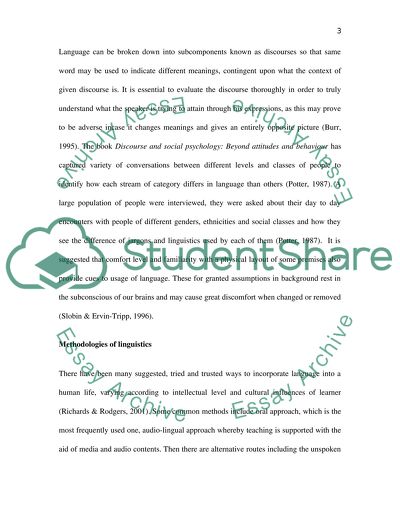Cite this document
(“Why is power an issue in language studies Essay”, n.d.)
Retrieved from https://studentshare.org/psychology/1474349-why-is-power-an-issue-in-language-studies
Retrieved from https://studentshare.org/psychology/1474349-why-is-power-an-issue-in-language-studies
(Why Is Power an Issue in Language Studies Essay)
https://studentshare.org/psychology/1474349-why-is-power-an-issue-in-language-studies.
https://studentshare.org/psychology/1474349-why-is-power-an-issue-in-language-studies.
“Why Is Power an Issue in Language Studies Essay”, n.d. https://studentshare.org/psychology/1474349-why-is-power-an-issue-in-language-studies.


